Group says NATO expanding footprints in Asia-Pacific region to besiege China
The US-led Western alliance NATO is no longer confined to its traditional military missions but is aggressively expanding its footprints in the Asia-Pacific region to besiege China, a Chinese media analysis has noted.
"Under the command of the US, NATO has increasingly taken a hardline stance on China with the purpose of expanding its footprints in the Asia-Pacific region by labeling China as a ‘systemic challenge’ in complicity with the US geopolitical rivalry," according to a China Media Group (CMG) commentary published on Thursday.
"NATO Secretary General Jens Stoltenberg had bluntly said that in the future, dealing with the ‘China threat’ should be an important basis for NATO's survival," it noted.
The commentary came after the NATO summit in the Lithuanian capital of Vilnius concluded on Wednesday. The summit's joint communiqué released on Tuesday mentioned China a dozen times and claimed again that China poses a "systemic challenge" to Euro-Atlantic security.
This proves that taking China as the "imaginary enemy" has become a move to justify NATO's existence, the commentary said.
"Why did it point fingers at China again? It's not surprising. NATO is the world's largest military alliance, and its fundamental motivation for survival is the need for adversaries. How was this opponent determined?" the article asked.
"From the several editions of NATO's ‘strategic concept’ documents updated after the end of the Cold War, every update almost follows the strategic adjustment of the United States and reflecting the strategic demands of the US. After the Biden administration came to power, it mistakenly identified China as the ‘most consequential strategic competitor’ and explicitly proposed that the ‘Indo-Pacific strategy’ requires NATO participation," it added.
Today, under pressure from Washington, NATO is no longer a spokesman for European security, but a defender of US interests, the article noted.
'Ukraine crisis rooted in NATO's eastward expansion'
The commentary also holds the US-led Western countries accountable for fueling and prolonging the conflict in Ukraine.
“The crisis in Ukraine, for example, is rooted in NATO's eastward expansion, which has eroded and squeezed Russia's security space. After the crisis broke out, the US pushed NATO members to send a raft of weapons to Ukraine, leading to heightened situations of the conflict," it pointed out.
"The war took place on European soil, and the vast majority of NATO members are European countries, which are naturally the direct victims of the war. They did the US bidding in return for the deteriorating security situation in Europe,” it added.
‘China never occupied an inch of other countries’
The commentary also puts emphasis that China has never occupied an inch of other countries.
"It’s unreasonable accusation that China poses a ‘systemic challenge’ may not even be shared by many of its own members,” it said.
“The facts are clear: China has never initiated a conflict, nor occupied an inch of other countries' land or waged a proxy war,” it stated.
“Over the past 30 years and more, China has sent more than 50,000 personnel to participate in the United Nations peacekeeping operations. It is NATO, which is good at creating ‘imaginary enemies,’ that is the ‘systemic challenge’ that the world should be most vigilant about," the article pointed out.
The article noted that the US-led military alliance has ignited numerous conflicts across various parts of the world in a few decades.
"More than 30 years after the end of the Cold War, this product of the Cold War is still engaged in camp confrontation and has become a 'war machine' driven by the United States," it said.
"NATO claims to be a defensive organization in safeguarding the rules-based international order, but it has bypassed the UN Security Council to launch wars against sovereign states such as the Federal Republic of Yugoslavia and Syria, killing a large number of civilians and displacing tens of millions of people. It has long been proven that wherever NATO goes, chaos follows."
Elsewhere, the commentary also pointed to a series of "absurd remarks" by the NATO chief such as the Chinese mainland threatening self-governing Taiwan and China accelerating its military construction.
China has sovereignty over Chinese Taipei, and under the "One China" policy, almost all world countries recognize that sovereignty, meaning that they would not establish diplomatic contact with the island's secessionist government.
The US, too, claims commitment to that principle, but in violation of its own stated policy and in an attempt to antagonize Beijing, Washington has courted the secessionist government in Taipei, supporting its anti-China stance, and supplying it with a large cache of weaponry.
Germany unveils new approach to more 'assertive' China
Germany published a new policy to contend with a more "assertive" China Thursday.
The document overhauls Germany's stance toward China as a "partner, competitor and systemic rival".
"Our aim is not to decouple (from Beijing). But we want to reduce critical dependencies in the future," Chancellor Olaf Scholz tweeted, saying Berlin had "reacted to a China that has changed and become more assertive".
The 64-page blueprint, which the government said was embedded in the European Union's approach to China, aimed to be "realistic but not naive", Foreign Minister Annalena Baerbock said.
The strategy paper noted that "whereas China's dependencies on Europe are constantly declining, Germany's dependencies on China have taken on greater significance in recent years".
The government said it did not intend "to impede China's economic progress and development".
"At the same time, de-risking is urgently needed," it said.
In its first national security strategy unveiled last month, Berlin accused China of acting against German interests, putting international security "under increasing pressure".
A report by Germany's intelligence agency also cited China as the "biggest threat in relation to economic and scientific espionage and foreign direct investments in Germany".
The harder line has alarmed Beijing but also sparked fears in German industry which has grown increasingly dependent on China.
The German decision drew a strong reaction from Beijing, which said "viewing China as a 'systemic competitor and rival' is not in line with the objective facts, nor with the common interests of the two countries".
A statement from the embassy in Berlin cautioned that "an ideological view of China... will only intensify misunderstandings and misjudgments, and damage cooperation and mutual trust".
Senior cmdr. strongly warns Trump following rhetorical remarks concerning Leader
EU Parliament halts US trade deal after Trump tariff threat
VIDEO | An unchecked presidency
VIDEO | Deportations strain Afghanistan’s fragile economy
‘Full-scale atrocity’: Iran security body reports 2,427 martyrs in US-Israeli-led riots
Smallest coffins are the heaviest: The three youngest victims of foreign-backed riots in Iran
Hamas warns of ‘systematic Israeli violations’ as Gaza ceasefire teeters
Israeli strikes kill 11 across Gaza, including children and journalists: Palestinian medics


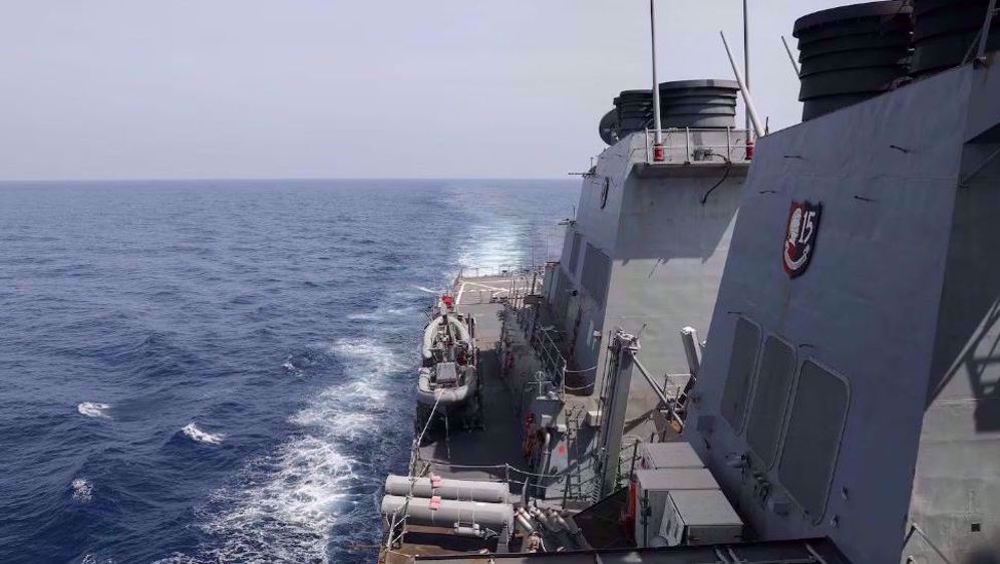
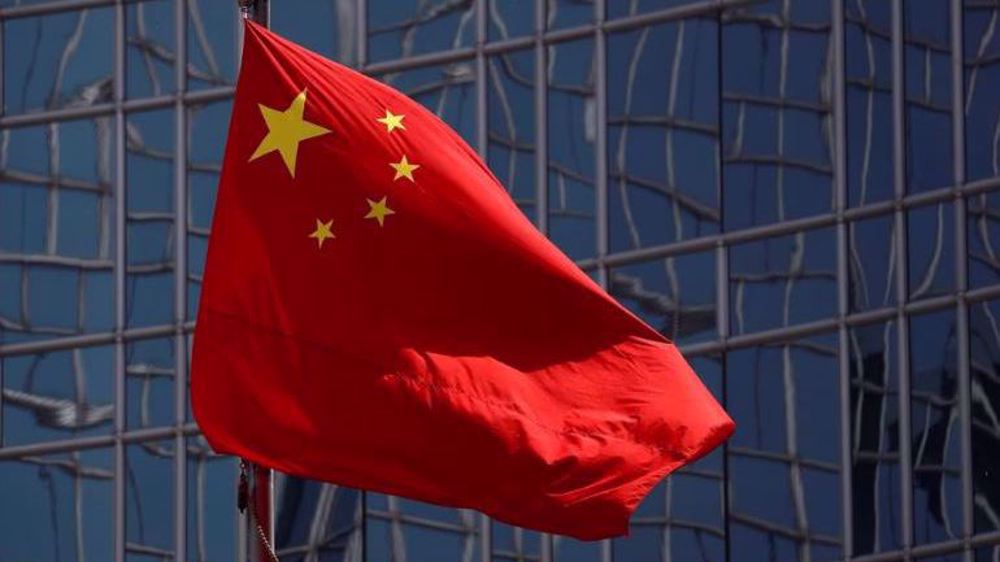
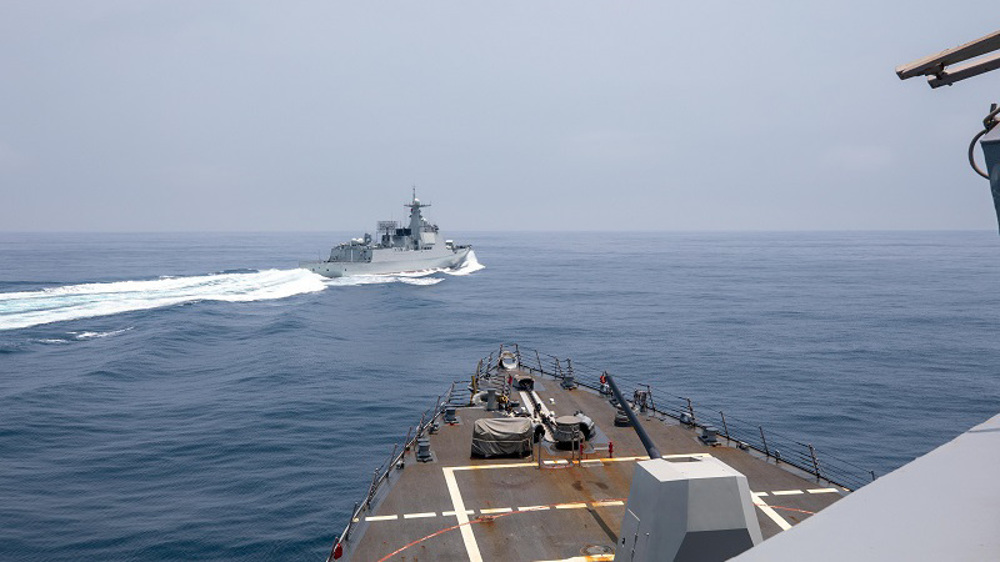
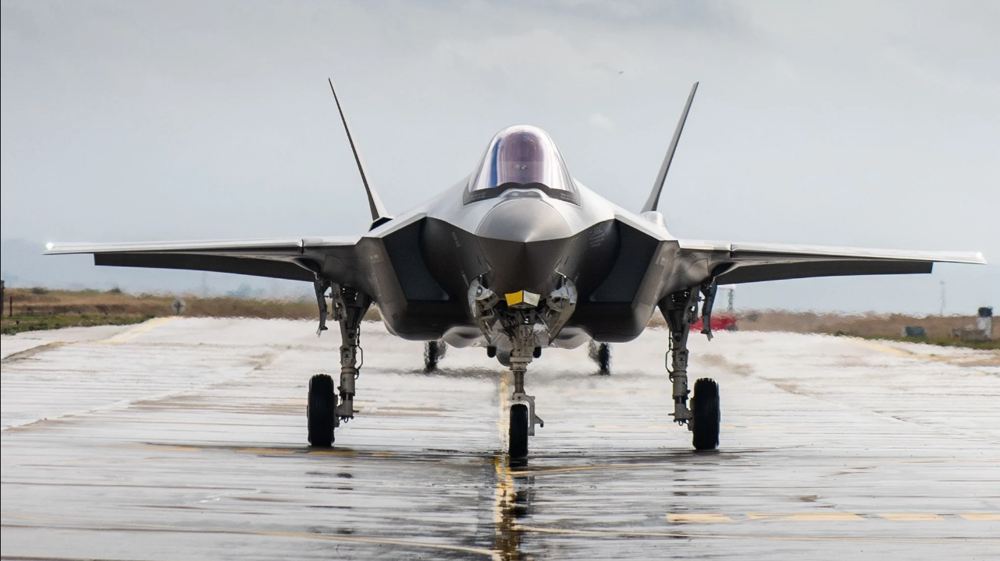
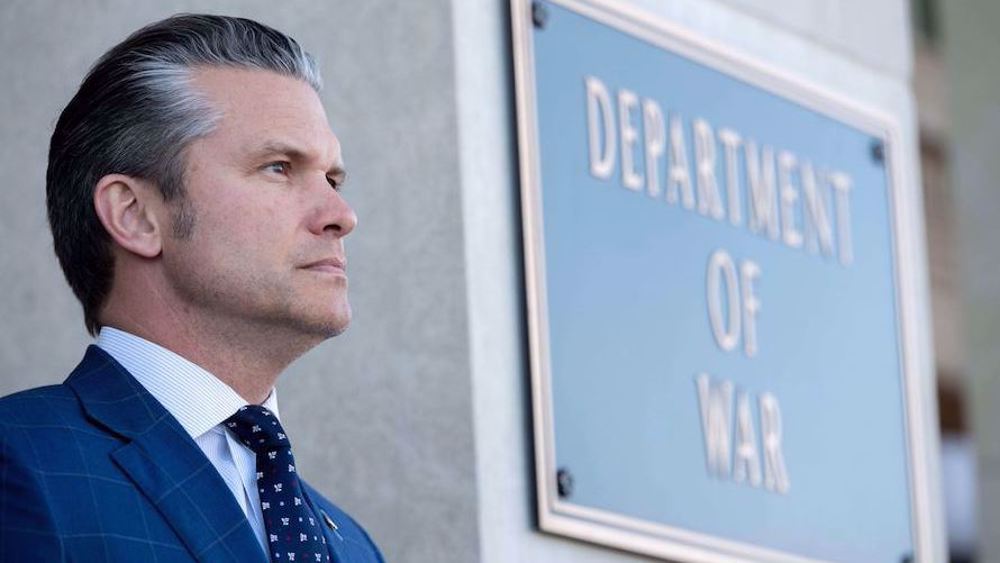




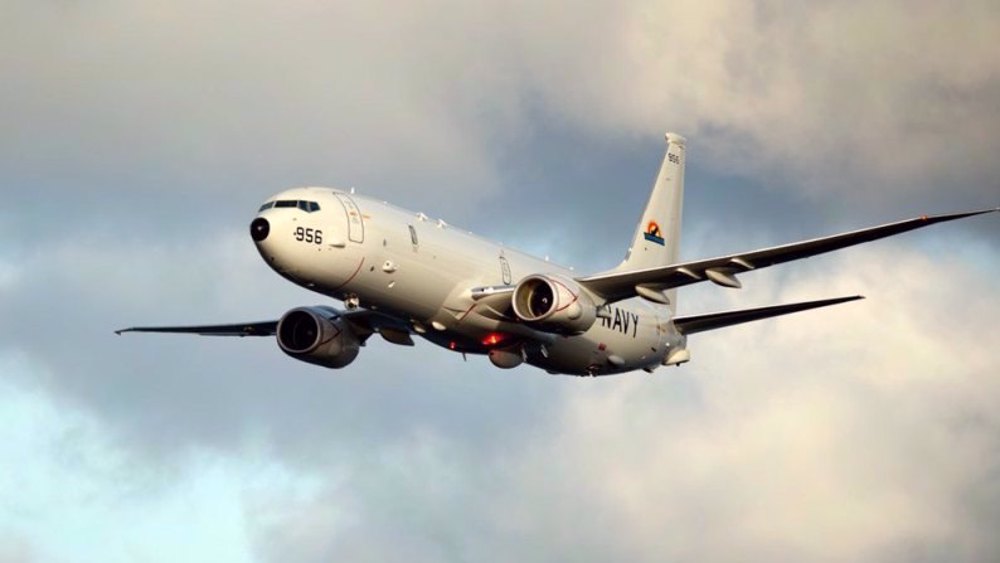
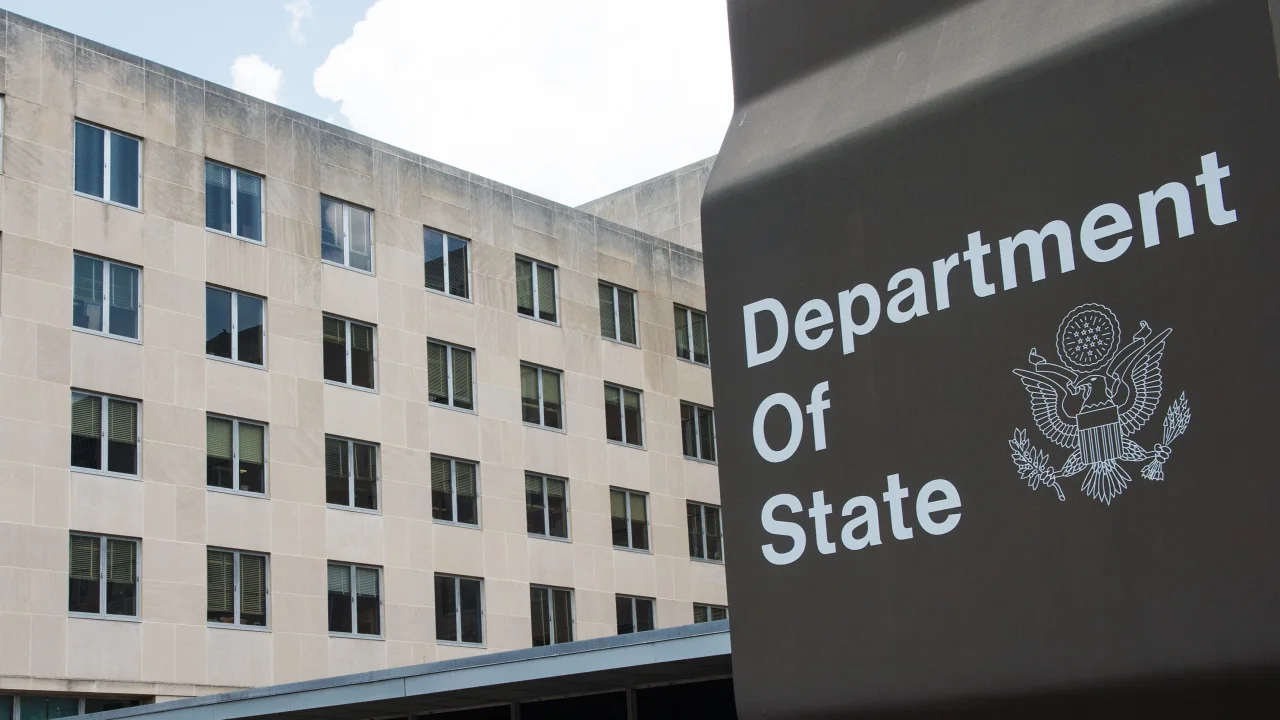
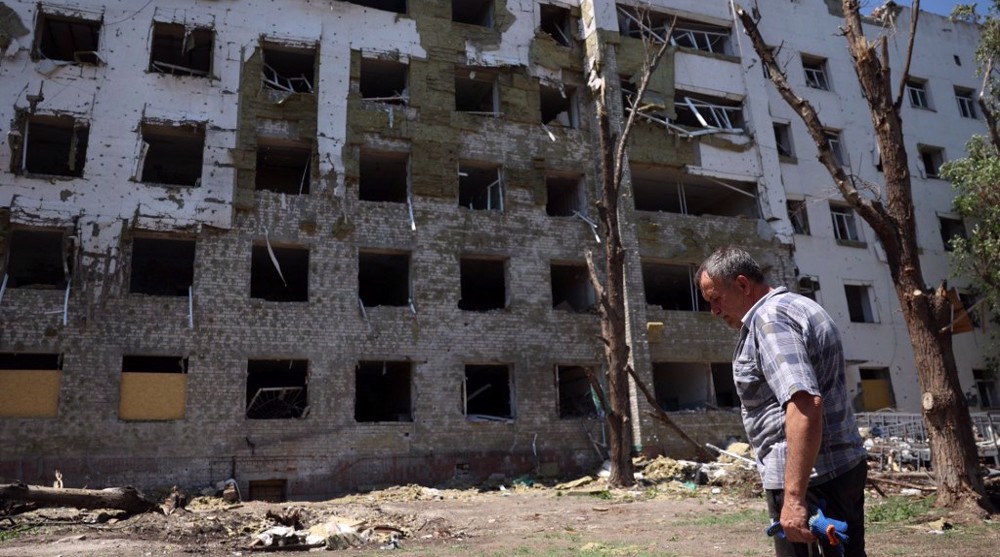
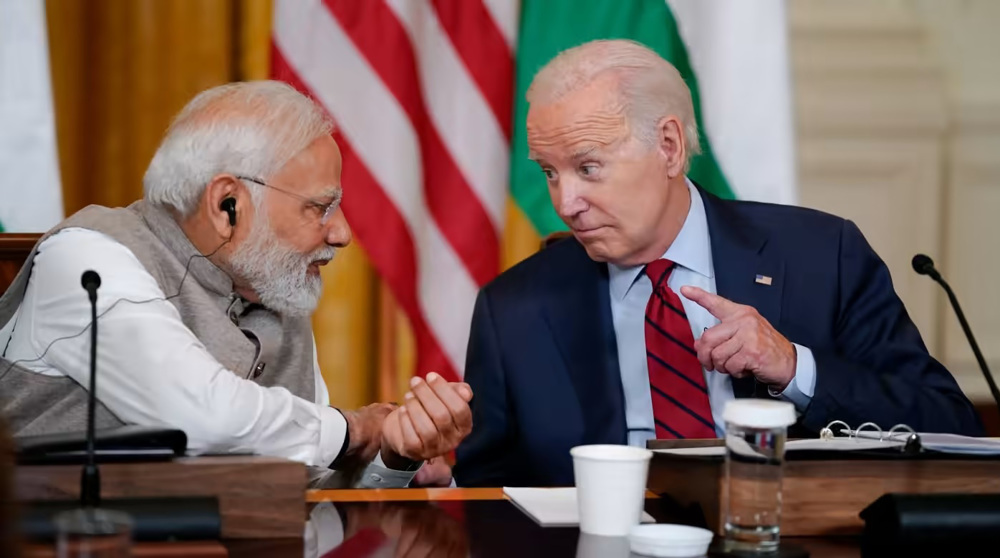
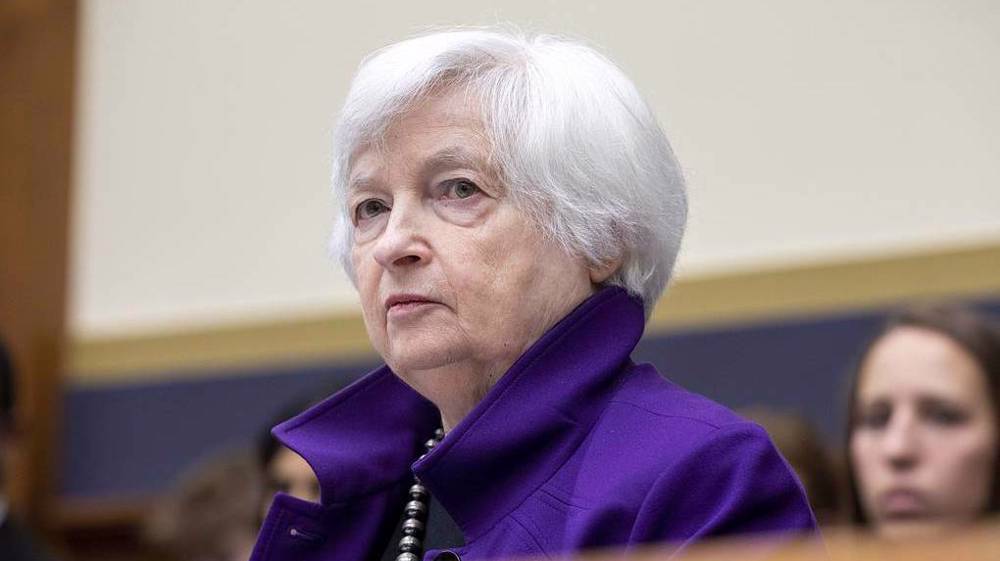
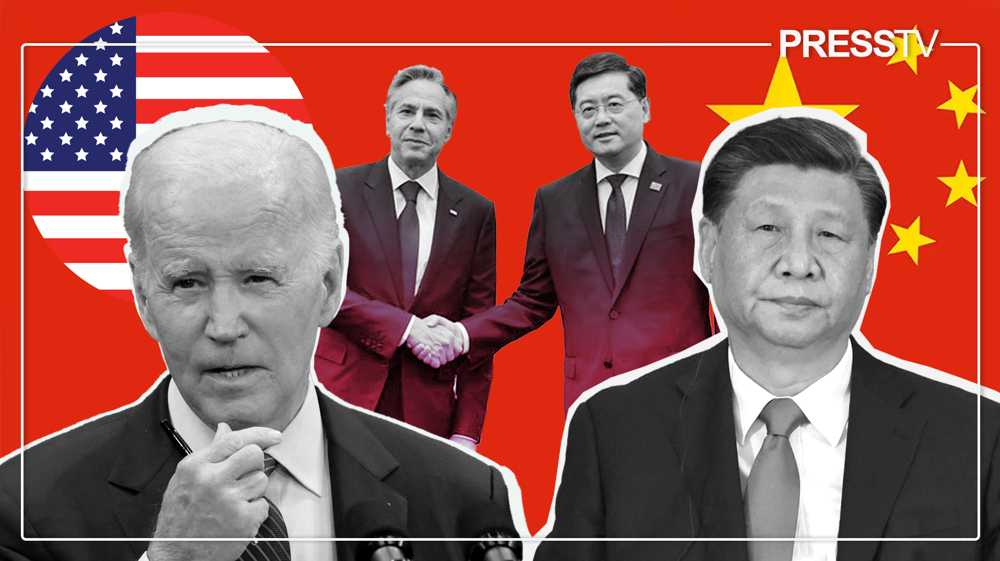
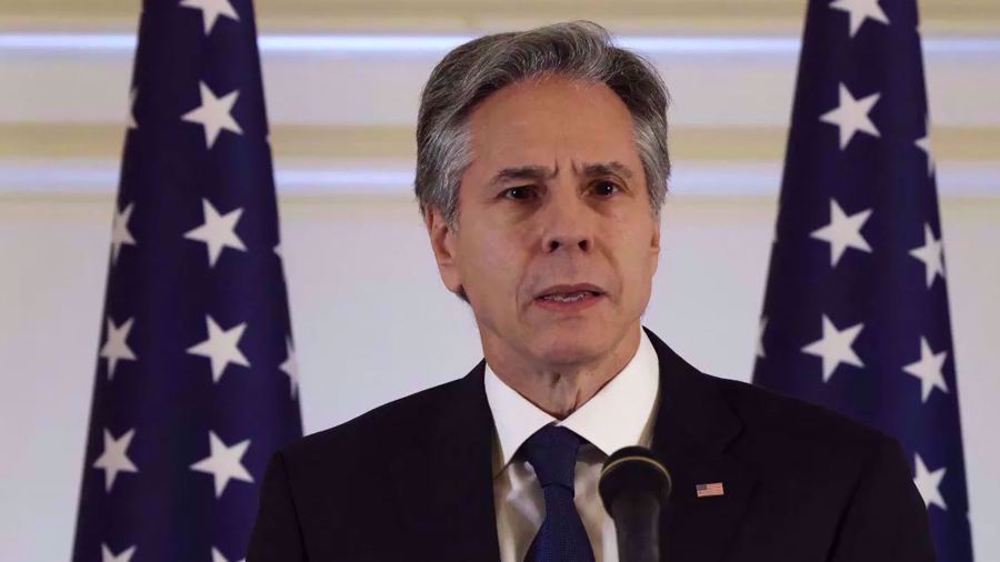
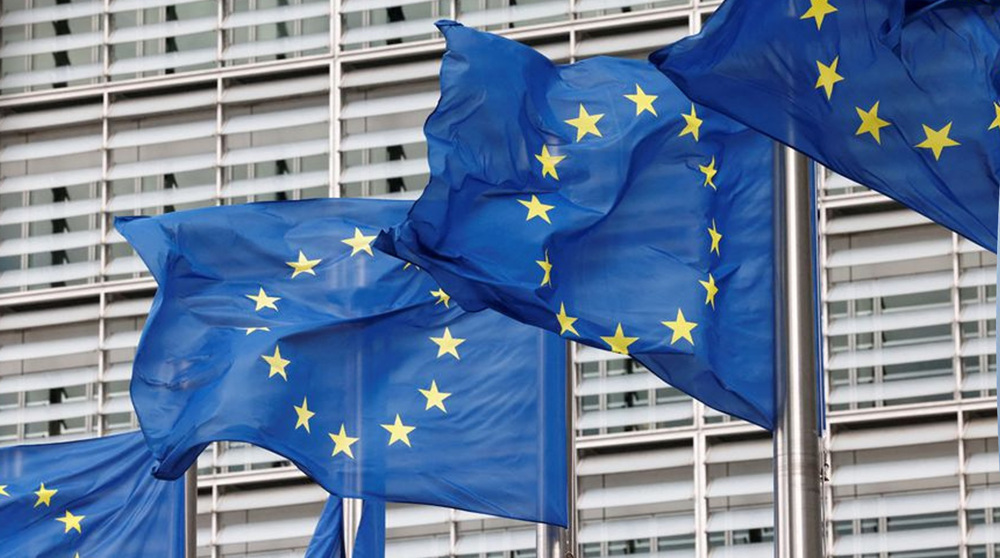
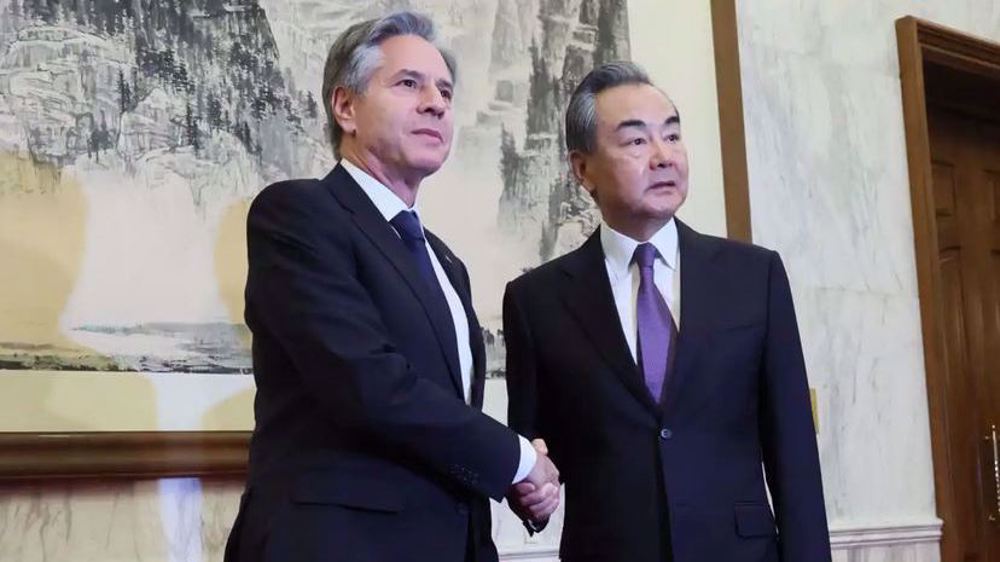

 This makes it easy to access the Press TV website
This makes it easy to access the Press TV website